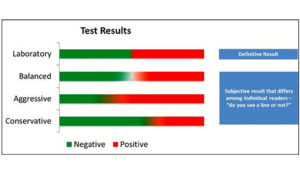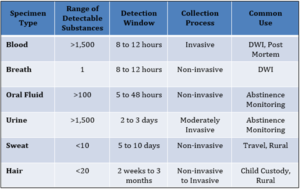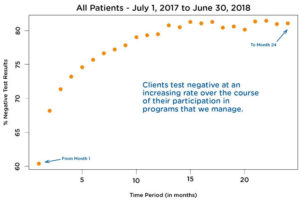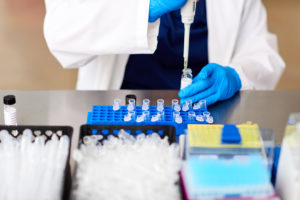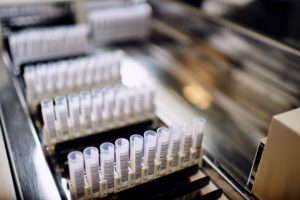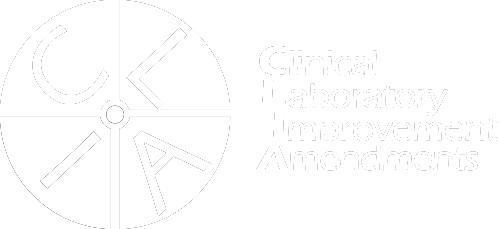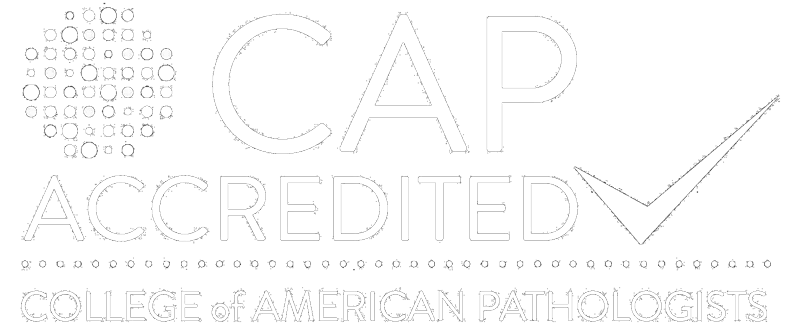Richmond, Va. – In a criminal justice setting, drug testing should not be subjective. While instant tests have high variability rates and frequently require expensive confirmation tests, immunoassay laboratory testing provides clear and objective results. It’s also proven to be cost-neutral or even cheaper than instant tests. Averhealth’s laboratory testing gives you the confidence and […]
Read Moretesting
The Optimal Specimens for Drug Testing
Richmond, Va. – The optimal specimens for drug testing is dependent on a variety of factors. In order to properly test for substance use, it is important and helpful to know the different facets of each specimen you have the ability to test.
Read MoreAverhealth’s role in better outcomes for SUDS
Richmond, Va. – Evidenced-based practices for substance use disorder monitoring are essential to helping clients develop coping and refusal skills to new substance use, as well as supporting better, more informed treatment and supervision decisions. Substance use monitoring, provided by Averhealth, incorporates evidenced-based practices. This includes daily engagement; random selection; same gender, directly observed sample […]
Read MoreUrine Sample Adulteration and How Averhealth Can Help
Richmond, Va. – Clients will do just about anything to try to “beat” a drug test, including adding things to their urine sample and even swapping out their urine sample entirely. In fact, the USDA estimates at least 10% of all urine samples could be tampered with. Luckily, you can count on Averhealth’s evidence-based protocols […]
Read MorePros and cons of instant tests and laboratory tests
Instant screen or laboratory screen? How do you choose the best drug testing method to better monitor the clients on your caseload? Read on to learn more about the two screening methods and when it’s recommended to use them.
Read MoreImmunoassay cross-reactivity: the importance of accurate interpretation
Cross-reactivity in the drug testing world is a critical component when it comes to accurate results. Immunoassay testing is where cross-reactivity comes into play most often. Important factors that affect cross-reactivity are the specimen type, the test performed, reagents used, and concentration of substances in the specimen being tested.
Read More
